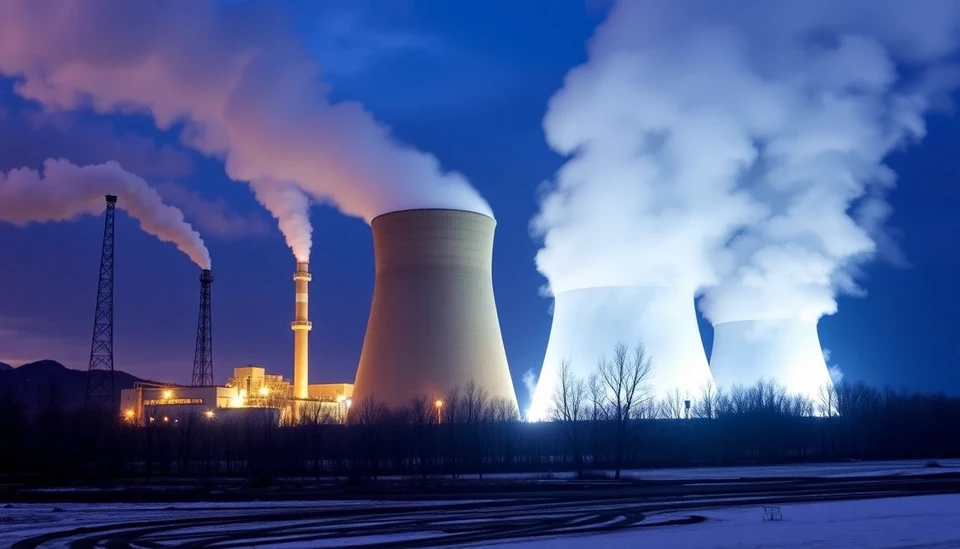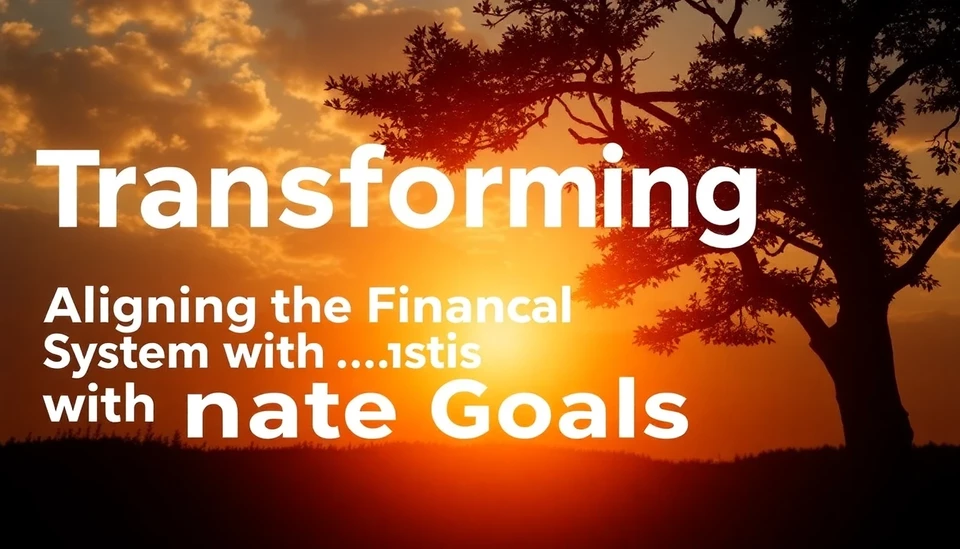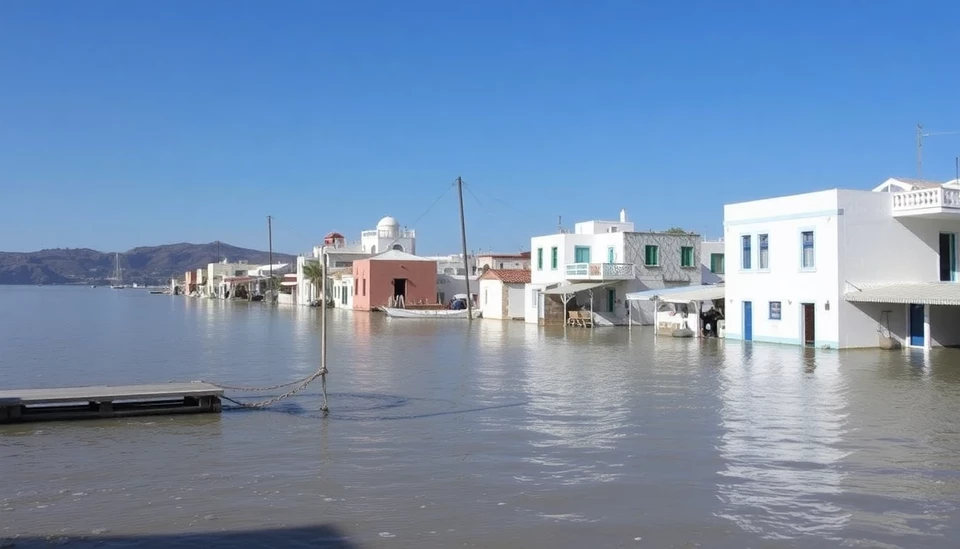
The year 2025 has become synonymous with climate extremes across Europe, as a series of unprecedented weather events has hammered the region, raising alarms about the accelerating impacts of climate change. From fierce heatwaves to devastating floods, Europe is experiencing what many scientists and experts have described as its hottest year on record, prompting concerns over the sustainability of life in various parts of the continent.
In a striking report, meteorological data indicate that average temperatures across Europe have soared by almost 2 degrees Celsius above pre-industrial levels, leading to catastrophic environmental consequences. The soaring temperatures, coupled with shifting weather patterns, have resulted in prolonged droughts in Southern Europe, while Northern countries have been inundated with relentless rainfall, causing rivers to overflow and towns to submerge.
This climatic upheaval has not only wreaked havoc on the environment but has also had severe implications for public health, agriculture, and local economies. Farmers have been hit hard as crops wither under the scorching sun in countries like Spain and Italy, where the combination of drought and high temperatures resulted in significant yield losses. Conversely, in parts of Germany and Belgium, extreme rainfall has led to agricultural flooding, causing millions in damages and threatening food supplies.
As the continent grapples with these challenges, health authorities are raising the alarm over heat-related illnesses and fatalities. Hospitals are bracing for an influx of patients suffering from heat exhaustion and other related conditions, as the population struggles to cope with the soaring temperatures. Additionally, wildfires have become increasingly prevalent, particularly in Mediterranean regions where dry conditions create a perfect storm for conflagrations.
In an effort to combat these dire circumstances, European governments are scrambling to deploy resources to assist affected communities. Emergency response teams have been mobilized, and financial aid packages are being developed to help bolster infrastructure and provide necessary relief to those impacted by the weather anomalies. However, environmental activists cautioned that without substantial long-term commitments to mitigate climate change—such as transitioning to renewable energy sources and implementing stricter emissions regulations—the cycle of extreme weather will only continue to worsen.
Scientists emphasize the urgent need for an integrated approach to tackle the climate crisis. It is imperative for European nations to coordinate their efforts and adopt comprehensive climate action plans that not only address immediate threats but also work towards sustainable practices for the future. Some experts suggest that investing in green technology and fostering public awareness could play a crucial role in curbing further climatic degradation.
In conclusion, 2025 stands as a wake-up call for Europe and the world regarding the realities of climate change. The increasingly extreme weather patterns serve as a reminder that immediate action is necessary to safeguard the future of the planet and ensure resilience against the storms that lie ahead.
#ClimateCrisis #ExtremeWeather #Europe #SustainableFuture #GlobalWarming
Author: Sophie Bennett




